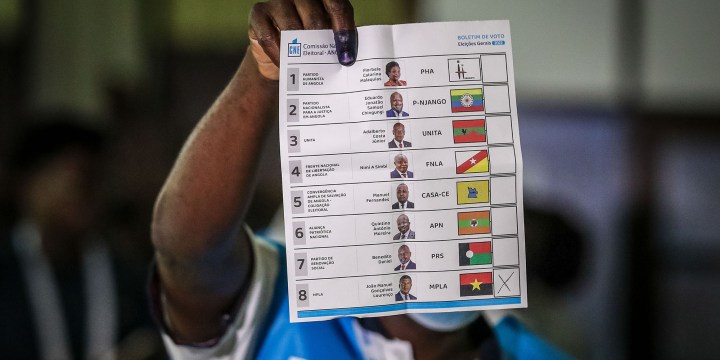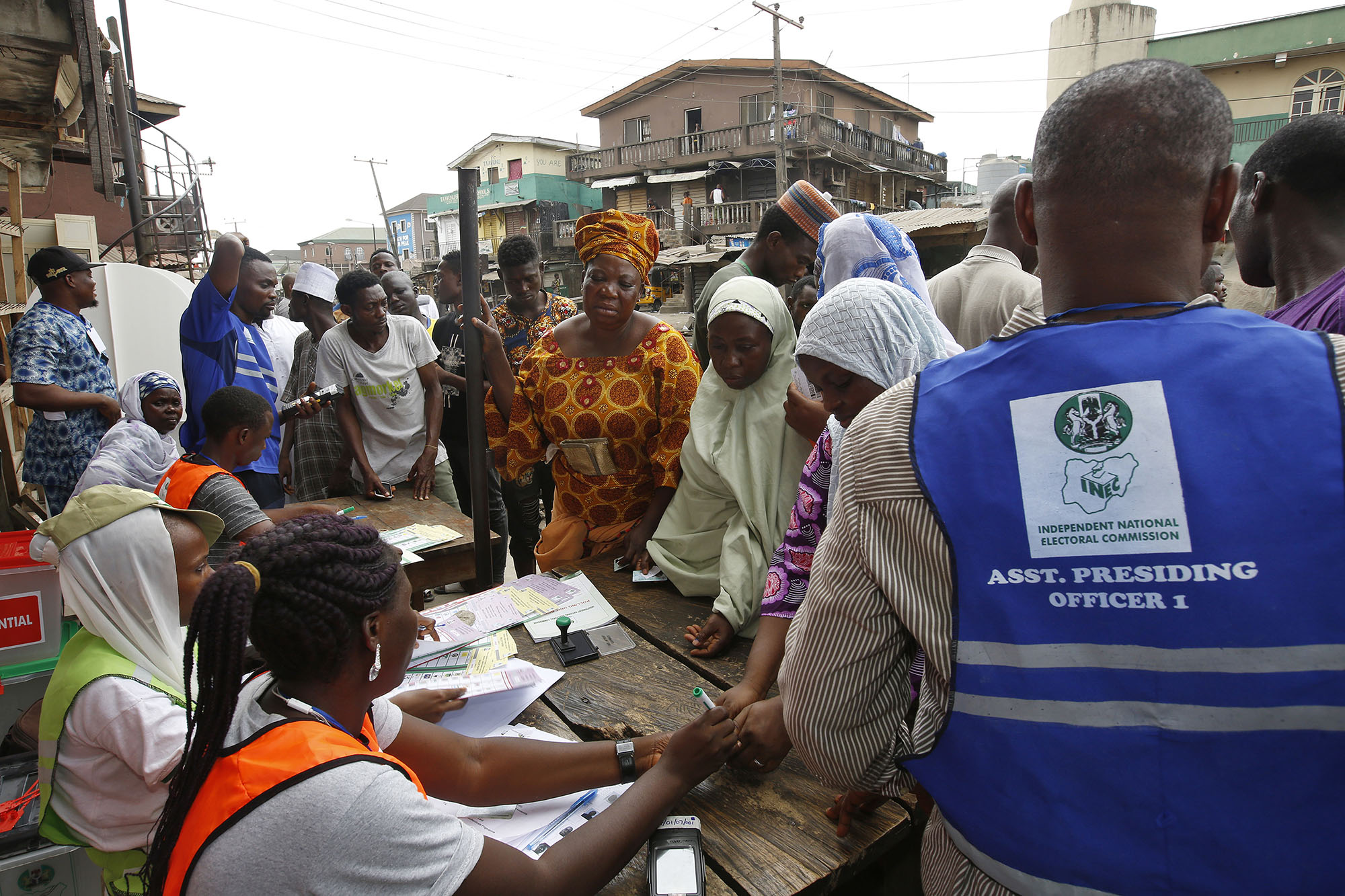BOOSTING ELECTION TURNOUT OP-ED
Mandatory voting is the key to inclusive African democracy

The idea of mandatory voting for African countries is worth considering. It can protect and enhance individual freedom and promote more inclusive and transparent democratic processes.
In many African countries, voter turnout in elections is often low. According to the Institute of Democracy and Electoral Assistance (IDEA), between 2000 and 2015 the average voter turnout in sub-Saharan Africa was about 56%. This is lower than the global average of 66% over the same period. When voter turnout is low, it can result in election outcomes and policies that do not accurately reflect the will of the people. To address this, African countries should consider implementing mandatory voting as a way to strengthen democracy on the continent. This would require all eligible voters to participate in elections, which would improve the legitimacy and representativeness of African governments. Consequently, it will promote greater political engagement, individual freedoms and accountability.
Africa is a diverse and dynamic continent with many political systems and cultures. However, one common challenge facing many African countries is low voter turnout in elections. In some cases, turnout can be as low as 20% to 30%, leading to concerns about the legitimacy and representativeness of the political process.
Read in Daily Maverick: “Debunking voter registration campaigns in Africa: Lessons for Nigeria, Kenya and Zimbabwe”
Concerns such as lack of transparency in the vote-counting process and fraud, including ballot stuffing, undermine the legitimacy of African elections. While these factors have contributed to voter apathy, a higher voter turnout can help mitigate these issues. For instance, a higher voter turnout leads to increased oversight, with more people at polling stations. In turn, it becomes more difficult for fraud to go unnoticed.
This year, 24 African countries are set to hold local and national elections. Equally, voter turnout in these elections will be an essential indicator of the legitimacy of these elections. One way to potentially increase voter turnout is through the implementation of mandatory voting policies. However, there may be logistical and financial challenges in enforcing such policies. These can be overcome through careful planning and the allocation of resources such as polling stations and staff to ensure a smooth voting process. Ultimately, increasing voter turnout can lead to greater legitimacy and representation in these African elections.

Voters wait in line to register to cast their ballots at a polling station in Lagos, Nigeria, on 23 February 2019. (Photo: George Osodi / Bloomberg via Getty Images)
To encourage voter turnout, African governments can pass laws that require all eligible citizens to vote in national elections. The legislation can outline penalties and incentives for voters. For instance, voters may receive tax credits and financial rewards which can effectively motivate citizen participation. By requiring all eligible voters to cast a ballot, mandatory voting will ensure that all voices are heard in the democratic process. As a result, the political system becomes more representative. It is essential in Africa to encourage the civic participation of different communities. It will allow for different perspectives and experiences to be considered, leading to more effective and representative policies.
Notably, listening to the voices of everyone is essential for individual freedom. It helps to ensure that everyone’s rights and needs are considered. And that no one is discriminated against. While some may argue that mandatory voting infringes on the right to choose, the reality is that individuals are still free to vote for the candidate or party of their choice. The requirement to vote ensures that everyone has a say in the democratic process. This helps to prevent the concentration of power among a small group of individuals and political elites.
The government can also implement automatic voter registration for eligible voters. Electronic systems could be set up to facilitate this. Information will be transferred from government agencies such as Home Affairs or the citizens’ registration department to the electoral commission. Such an interface could allow agencies to transmit voter registration information. For example, in Australia, automatic voter registration has been facilitated at the federal level. Eligible voters are automatically registered when they interact with certain government agencies such as the Australian Tax Office.

Electoral Commission officials count marked ballot papers in Nairobi, Kenya, on 26 October 2017. (Photo: EPA-EFE / Daniel Irungu)
Making it accessible
Another strategy African governments can use is to ensure voting is accessible to eligible citizens. Governments can offer many ways to register to vote, such as online registration, registration at other government agencies, early voting and vote-by-mail. In most African countries, the ability of citizens living abroad to vote in national elections is limited. However, the extent to which the African diaspora’s limited voting rights affect an election’s legitimacy depends on the context and circumstances. In some instances, political motivations rather than legitimate logistical or legal concerns have undermined the voting rights of citizens living abroad.
Read in Daily Maverick: “Progressive immigration policies will strengthen SADC countries’ economies”
The idea of mandatory voting for African countries is worth considering. It can protect and enhance individual freedom and promote more inclusive and transparent democratic processes. Therefore, it is essential to evaluate such a policy’s potential costs and benefits. African countries must ensure that such a policy is implemented in a way that is fair, transparent and respectful of the rights of all citizens.
To have a functioning democracy it is crucial that everyone participates in the voting process. This is especially important in African countries, since it will help ensure that governments are responsive to the majority. Additionally, mandatory voting can encourage more political engagement and hold governments accountable, leading to increased individual freedom. All of these factors contribute to the overall strength and integrity of a democratic society. DM
Dr Tinashe Sithole is a visiting research fellow at the department of politics and international relations, University of Johannesburg (UJ). He is also a researcher at UJ’s Institute for Pan-African Thought and Conversation.

















Comments - Please login in order to comment.